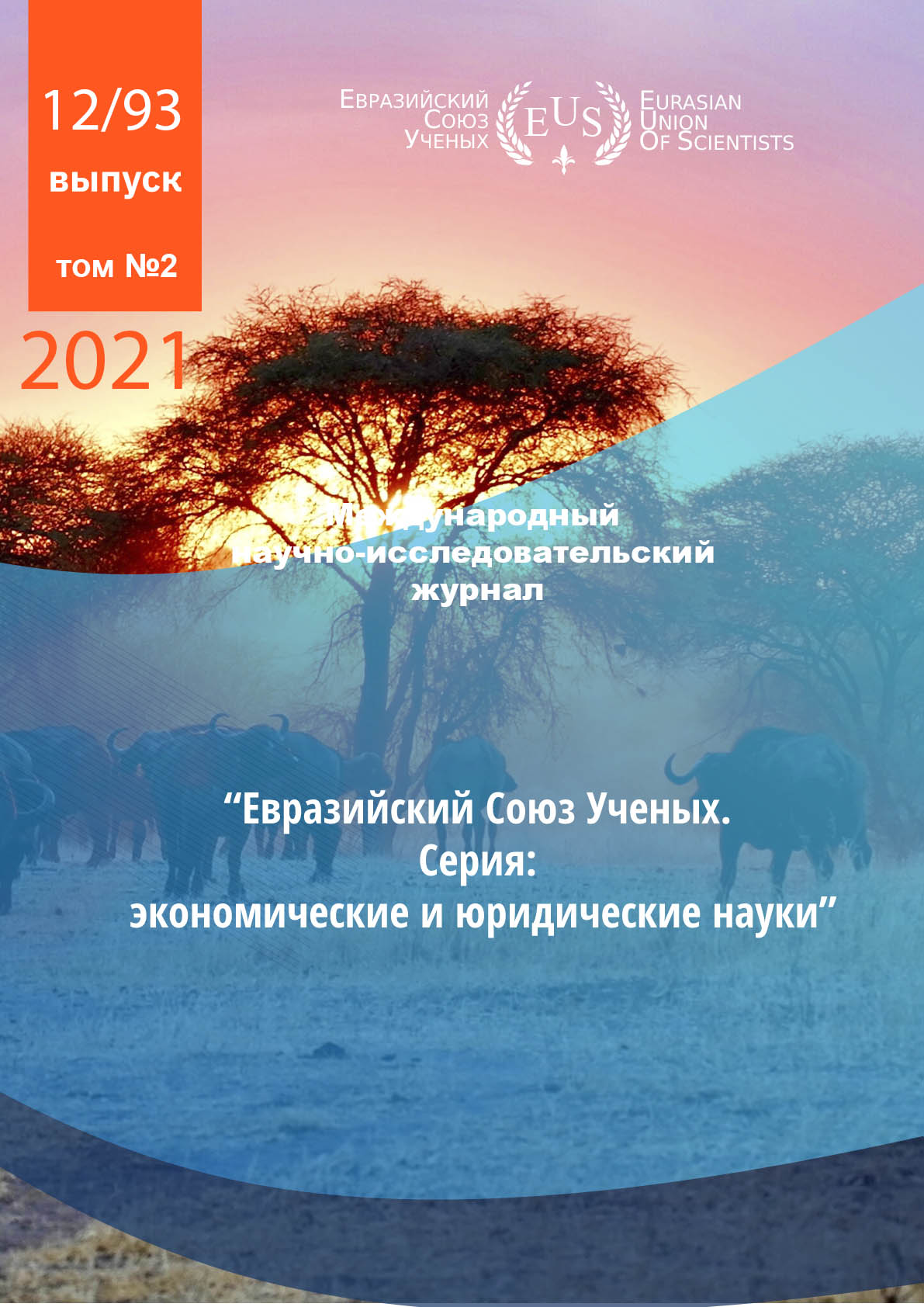NON-RECIPROCABLE TOKENS AS UTILITARIAN DIGITAL RIGHTS
Abstract
Non-interchangeable tokens (NFT) mediate crypto art, digital collectibles, online games. They can grant patent rights or other intellectual property rights, rights to real estate, jewelry, vehicles, licenses and financial documents generate many legal consequences, which include, among other things, simplification of the turnover of intellectual property, contractual relations and consumer protection and require its understanding as a type of digital rights. At the same time, it should be recognized that despite the peculiarities of NFTs, their legal definition is covered by the category of utilitarian digital rights enshrined in Russian legislation.
References
2.Brian F. L. The Securities Art LLC Non-Fungible Token Bond // URL: https://ssrn.com/abstract=3943776 (October 16, 2021).
3.Frye, Brian L., How to Sell NFTs Without Really Trying // URL: https://ssrn.com/abstract=3930430 (October 16, 2021).
4.Lennart A. Non-fungible Token (NFT) Markets on the Ethereum Blockchain: Temporal Development, Cointegration and Interrelations. URL: https://ssrn.com/abstract=3904683 (August 13, 2021).
5.Mieszko M. Non-Fungible Tokens (NFT). The Analysis of Risk and Return // URL: https://ssrn.com/abstract=3953535 (October 31, 2021).
6.Moringiello J. M., Odinet C. K. The Property Law of Tokens // Florida Law Review. U Iowa Legal Studies Research Paper. 2021. N 44; Mehdi M. and Heidarali S., Behnam M.-I. Decentralized BlockchainBased Peer-to-Peer Energy-Backed Token Trading for Active Prosumers // URL: https://ssrn.com/abstract=3917469.
7.Efimova L.G. Token kak virtual'nyj ob#ekt grazhdanskogo prava // Bankovskoe pravo. 2020. № 3. S. 42 - 48.
8.Razbiraemsja s formatami tokenov na Ethereum // URL: https://habr.com/ru/post/512476/ (Data obrashhenija 10.11.2021).
CC BY-ND
A work licensed in this way allows the following:
1. The freedom to use and perform the work: The licensee must be allowed to make any use, private or public, of the work.
2. The freedom to study the work and apply the information: The licensee must be allowed to examine the work and to use the knowledge gained from the work in any way. The license may not, for example, restrict "reverse engineering."
2. The freedom to redistribute copies: Copies may be sold, swapped or given away for free, in the same form as the original.







